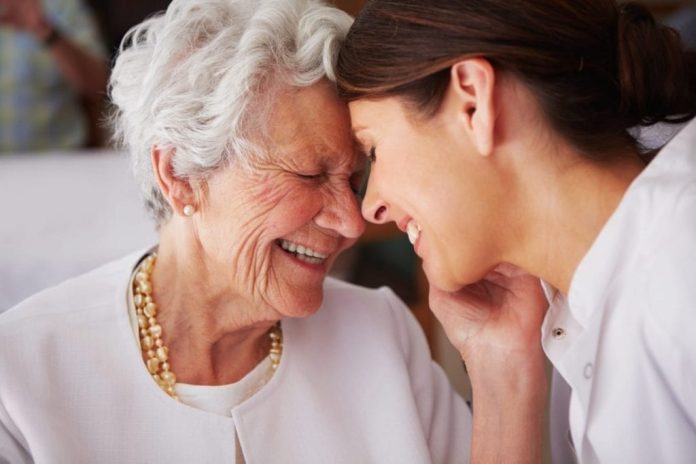To provide the best experiences, we use technologies like cookies to store and/or access device information. Consenting to these technologies will allow us to process data such as browsing behavior or unique IDs on this site. Not consenting or withdrawing consent, may adversely affect certain features and functions.
The technical storage or access is strictly necessary for the legitimate purpose of enabling the use of a specific service explicitly requested by the subscriber or user, or for the sole purpose of carrying out the transmission of a communication over an electronic communications network.
The technical storage or access is necessary for the legitimate purpose of storing preferences that are not requested by the subscriber or user.
The technical storage or access that is used exclusively for statistical purposes. The technical storage or access that is used exclusively for anonymous statistical purposes. Without a subpoena, voluntary compliance on the part of your Internet Service Provider, or additional records from a third party, information stored or retrieved for this purpose alone cannot usually be used to identify you.
The technical storage or access is required to create user profiles to send advertising, or to track the user on a website or across several websites for similar marketing purposes.





While the article provides some reasonable suggestions, it misses an opportunity to discuss the economic undervaluation of caregivers. These individuals save healthcare systems enormous amounts of money, yet are seldom compensated fairly. Addressing this disparity should be part of the conversation.
Caregiving is indeed a demanding role, both mentally and physically. The strategies outlined for coping after the caregiving role has ended are practical and necessary for transitioning back to a more individual-focused life.
The article raises a pertinent discussion about the emotional and physical toll caregiving can take on an individual. It is imperative to acknowledge their sacrifices and provide necessary support once their caregiving role concludes.
This piece is a beautiful tribute to caregivers and offers some practical advice. Caregivers are indeed unsung heroes, and it’s high time we recognized their sacrifices and provided them with the support they need to rejuvenate themselves.
Ah, yes, because finding a support group and meditating will magically erase the years of burnout and emotional labor. How enlightening! Next, you’ll probably suggest a bubble bath. Sarcasm aside, caregivers deserve tangible, systemic support, not just self-care tips.
The article sheds light on the emotional and physical toll caregiving takes, but it should also address the societal responsibility in supporting these individuals. Caregivers need more than personal coping strategies; they need structural changes, including paid leave, mental health resources, and fair wages.
The article does a commendable job of shedding light on the often overlooked aftermath of caregiving. Emphasizing the importance of self-care and the support systems available can help caregivers navigate their lives once they are no longer in that role.
This piece comprehensively highlights the need for caregivers to prioritize their own health and well-being. The aspect of setting personal boundaries and seeking support is especially noteworthy and can greatly aid in their recovery process.
The suggestions on finding a support group and taking time for self-care are crucial. Caregivers often overlook their own needs, and this article rightly emphasizes the importance of self-recovery and self-discovery post-caregiving.
The article rightly highlights the invaluable contributions of caregivers, but it seems to somewhat idealize their experience. Living as a caregiver isn’t just about finding time to meditate or exercise; the emotional toll is often far more complex. It’s a critical issue that deserves more than a few bulleted suggestions.
Comments are closed.